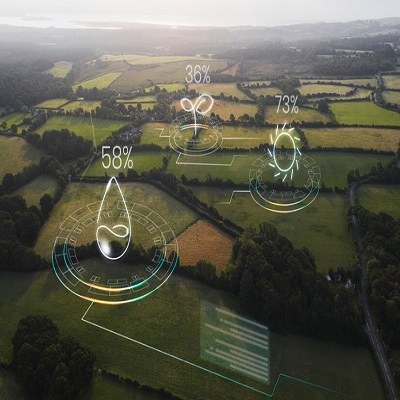Water is a precious resource, and as the global population continues to grow, the demand for water for agricultural purposes is increasing. Sustainable irrigation practices are crucial to conserving water and ensuring the long-term viability of agriculture. Fortunately, advancements in technology, particularly the Internet of Things (IoT), have paved the way for innovative solutions that promote smart water conservation in irrigation.
IoT-enabled solutions for sustainable irrigation leverage the power of connected devices and data analytics to optimize water usage, increase crop yields, and minimize environmental impact. These solutions encompass a range of technologies, including soil moisture sensors, weather data integration, and automated irrigation systems.
One of the key components of IoT-enabled sustainable irrigation is the use of soil moisture sensors. These sensors are embedded in the soil and provide real-time data on moisture levels. By continuously monitoring soil moisture, farmers can precisely determine when and how much water is needed, thereby avoiding over-irrigation and water wastage.
Furthermore, integrating weather data into irrigation systems allows for more precise and efficient water management. By analyzing weather forecasts and historical data, IoT-enabled solutions can adjust irrigation schedules in anticipation of rainfall or drought conditions, ensuring that water is used optimally and conservatively.
Automated irrigation systems, another hallmark of IoT-enabled sustainable irrigation, enable remote control and monitoring of irrigation processes. These systems can be programmed to deliver the right amount of water at the right time, based on real-time data and analysis. This not only conserves water but also promotes healthier plant growth and reduces energy consumption.
In addition to these technological advancements, IoT-enabled solutions for sustainable irrigation also provide valuable insights through data analytics. By aggregating and analyzing data from various sources, such as soil moisture sensors, weather forecasts, and crop health monitoring, farmers can make informed decisions to optimize irrigation practices and maximize water conservation.
The benefits of IoT-enabled sustainable irrigation extend beyond water conservation. By using water more efficiently, farmers can reduce operational costs, increase crop yields, and minimize the environmental impact of agriculture. This not only contributes to the sustainability of farming practices but also supports broader environmental conservation efforts.
In conclusion, IoT-enabled solutions for sustainable irrigation are revolutionizing the way water is managed in agriculture. By leveraging connected devices, data analytics, and automation, these solutions promote smart water conservation, enhance crop productivity, and contribute to environmental sustainability. As the world faces increasing water scarcity and environmental challenges, embracing these innovative technologies is essential for the future of agriculture and the preservation of our planet’s precious water resources.
